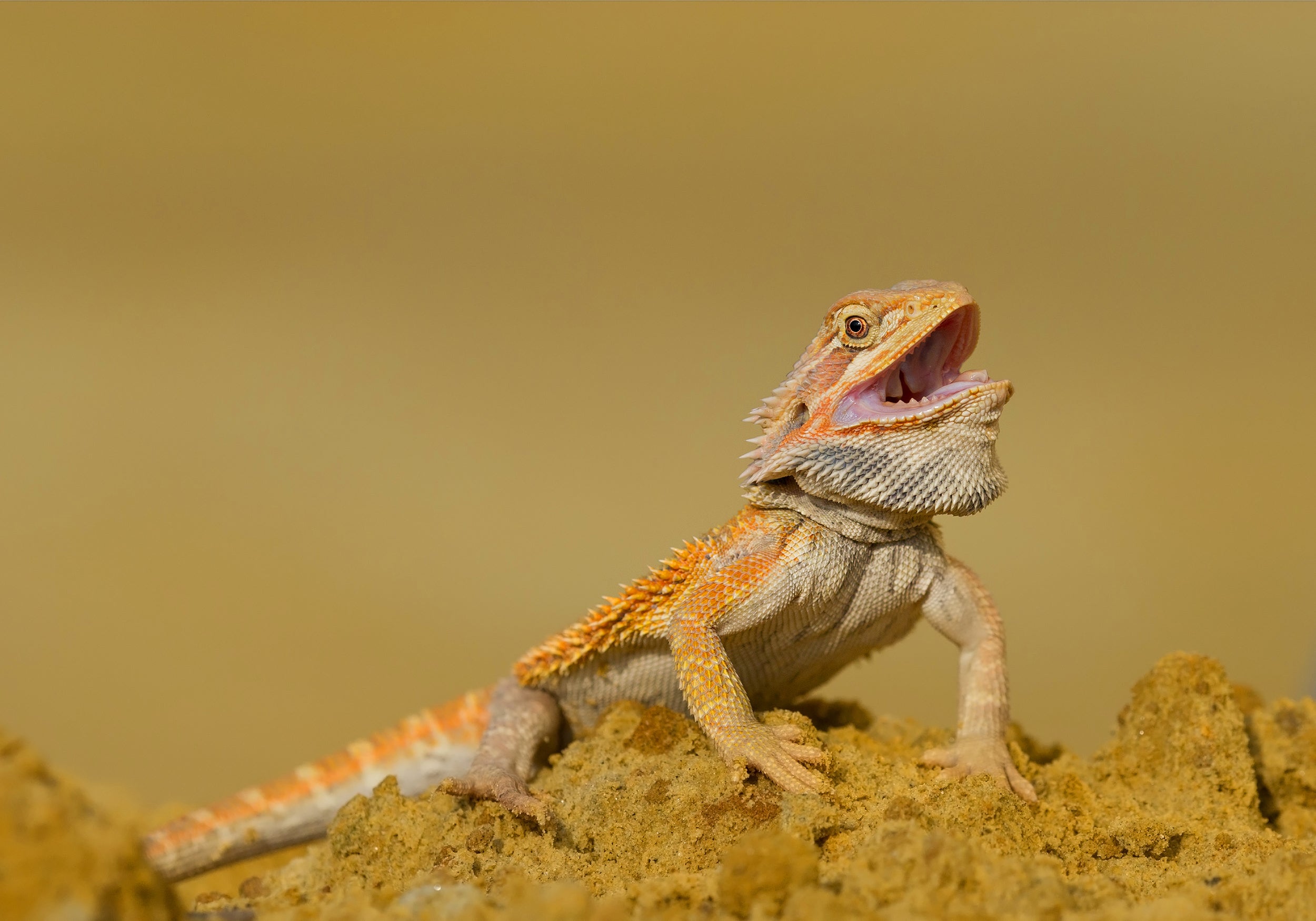
What Should I Do If My Bearded Dragon is Not Eating?
Sometimes your bearded dragon may refuse to eat their food. While this can be concerning, there are a few things you can try before you need to contact a vet.
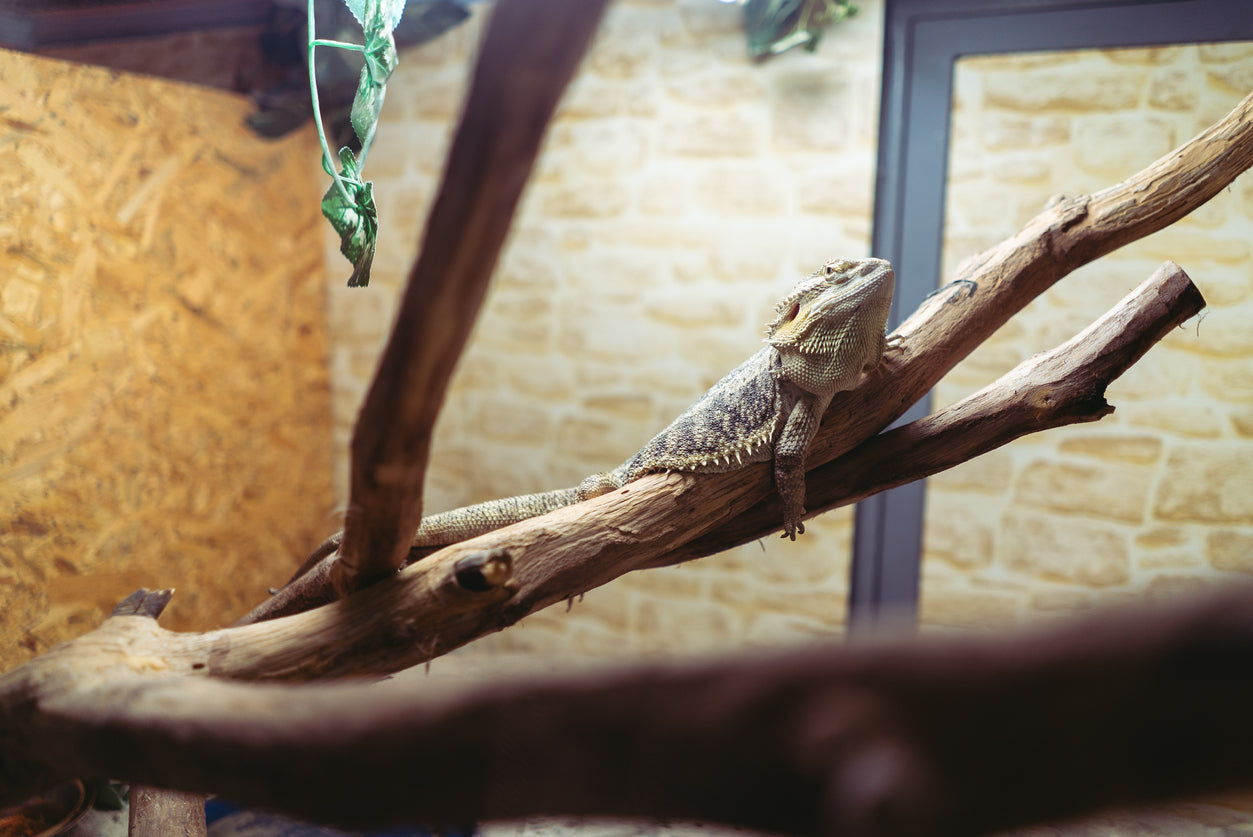
What Can Bearded Dragons Eat — A List
Beardies are omnivores, which means that they eat both plants and animals. Your bearded dragon diet should contain a variety of insects, vegetables, and a little fruit.
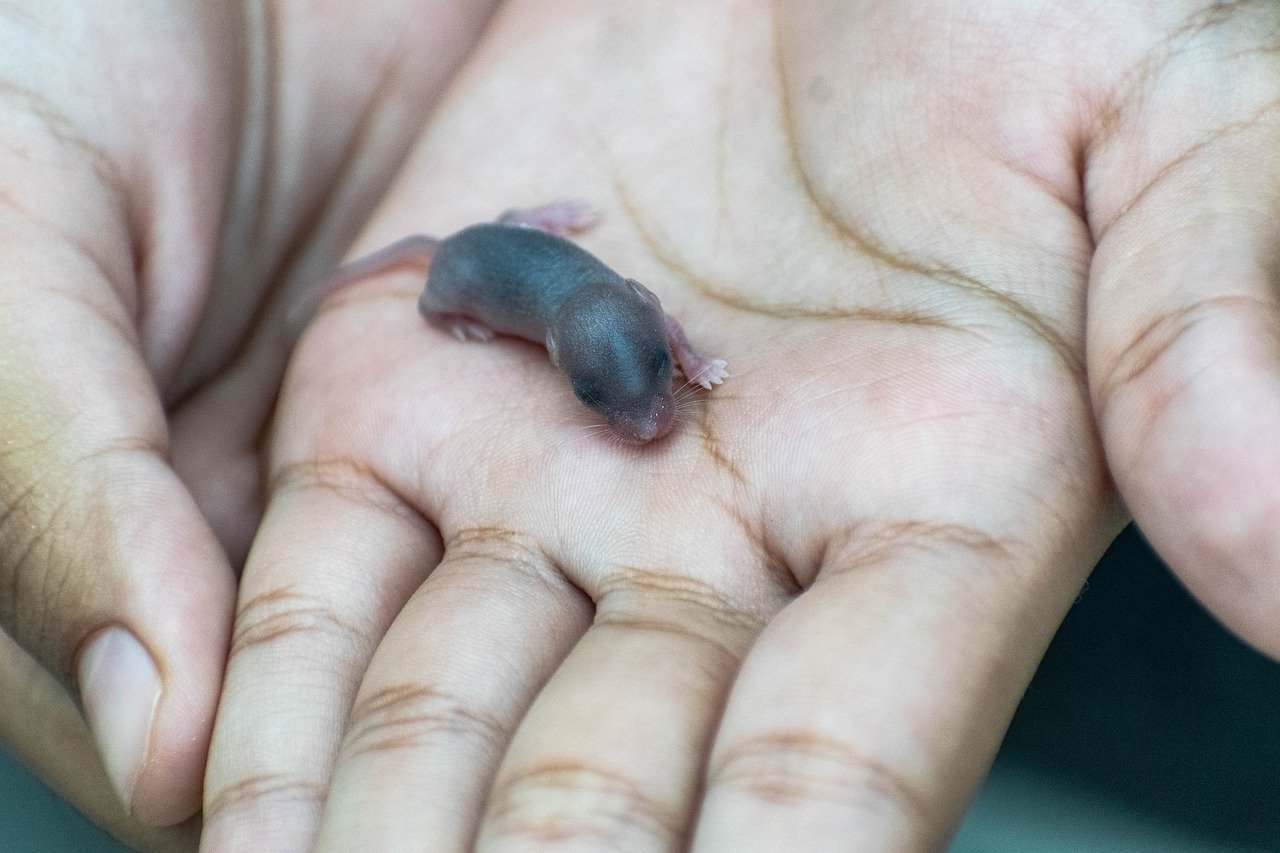
Is it OK to Feed Bearded Dragons Pinkies?
Pinkies are newborn mice. They are tiny and have not yet developed any claws, or teeth. This makes the mouse easily digested by adult bearded dragons.
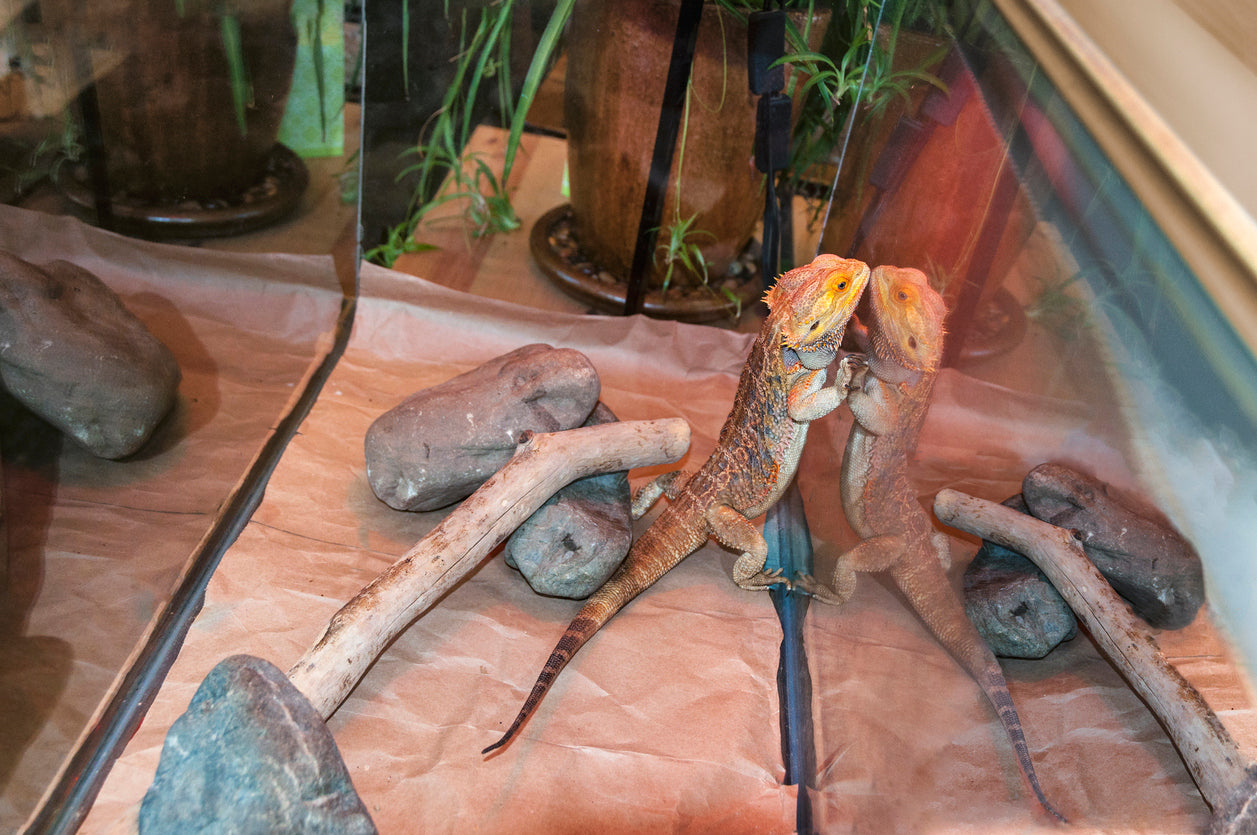
How Often Should a Bearded Dragon Poop?
There are many factors to consider when determining how often bearded dragons should poop. Firstly, it depends on their age.
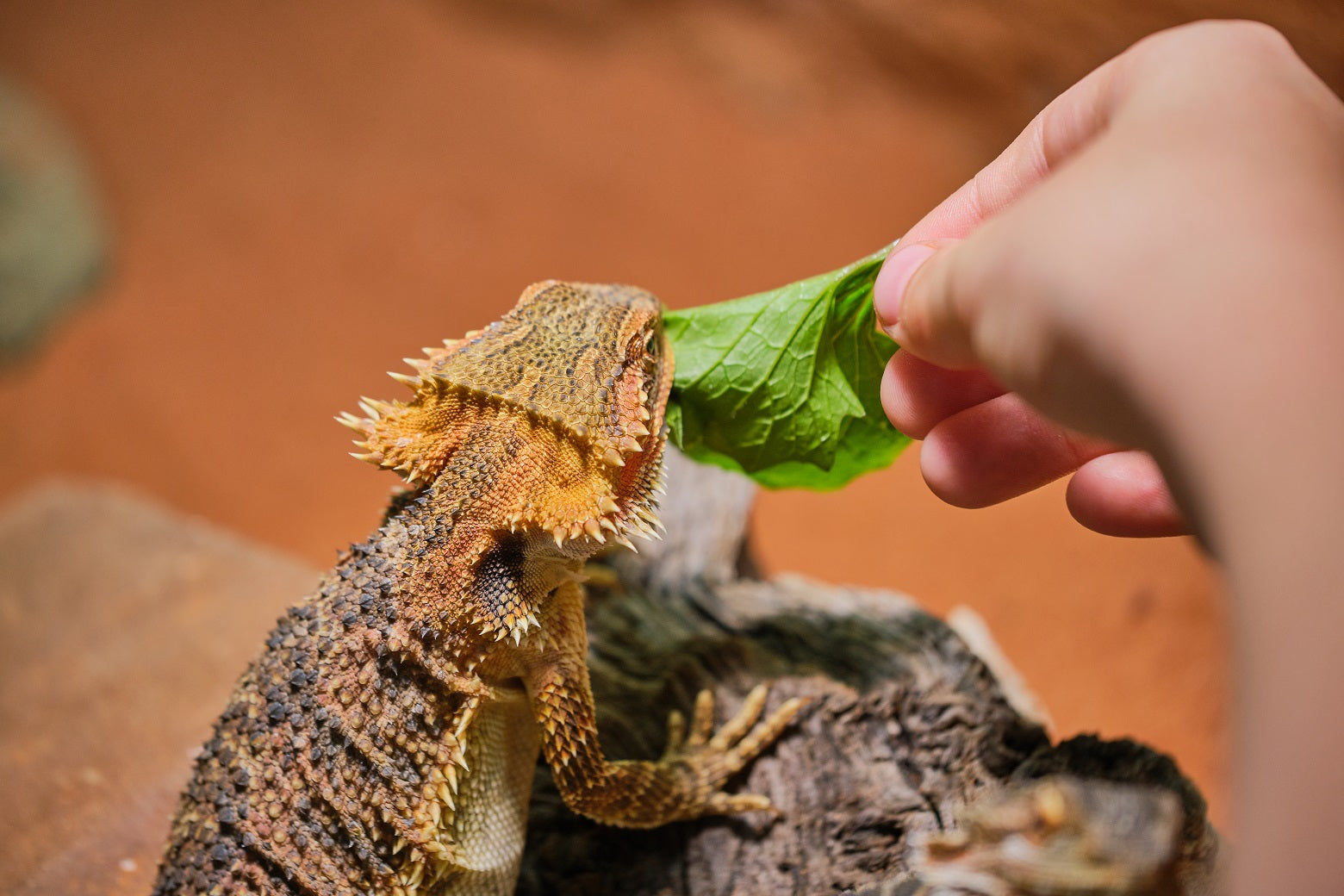
How Often Do You Feed a Bearded Dragon?
How often you need to feed your bearded dragon depends on their age, physical condition, and what you're feeding to your dragon.
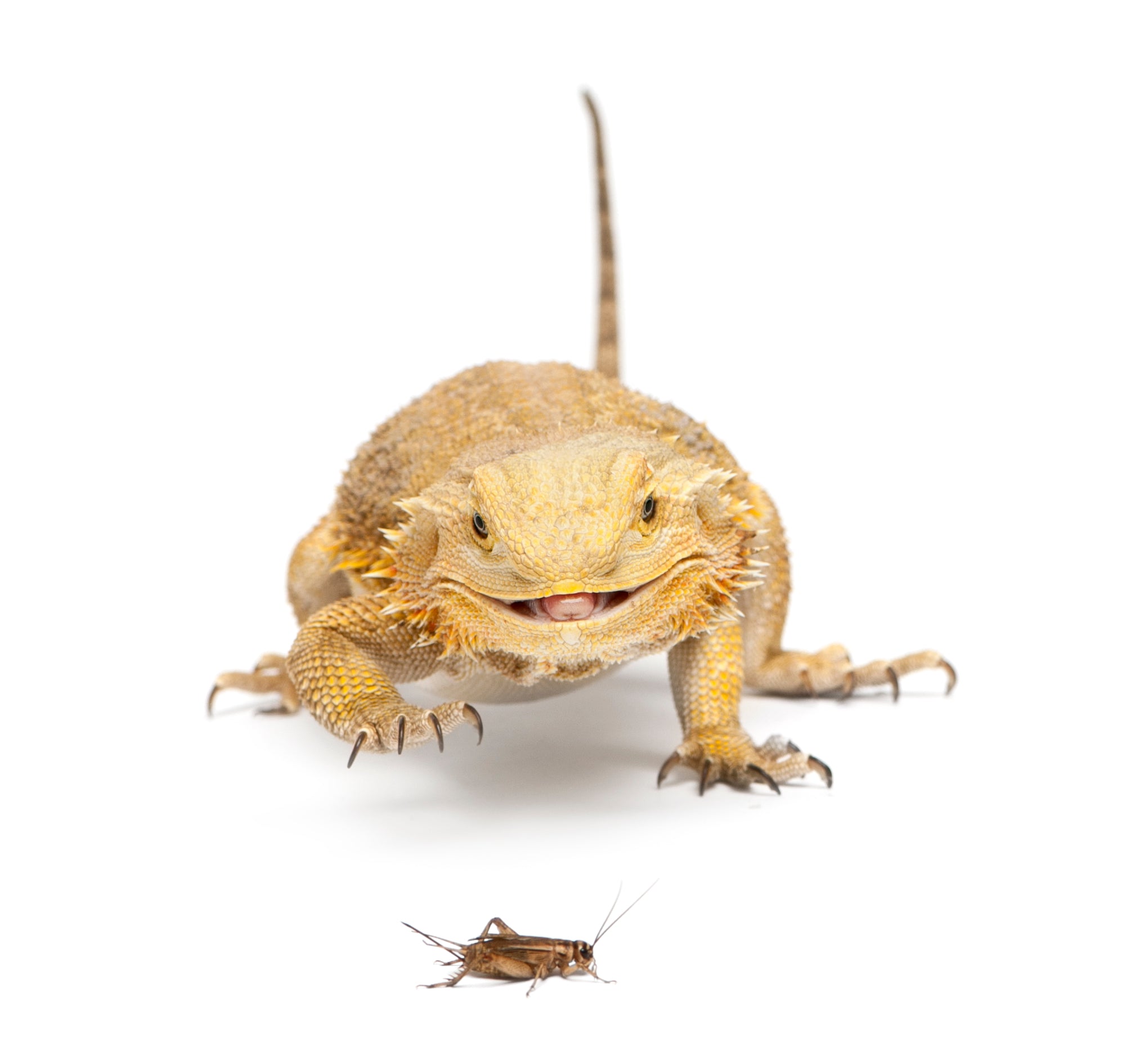
Do Bearded Dragons Need Live Food?
Live food is high in proteins, vitamins, and other lizard-friendly nutrients. Feeding exclusively live food, however, to your beardie is notnecessary.
